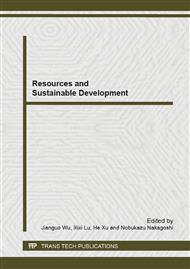p.3203
p.3207
p.3214
p.3220
p.3224
p.3228
p.3234
p.3238
p.3244
The Properties of Analogous to Dedekind Sums
Abstract:
The distribution problem of a sum analogous to Dedekind sums is studied by using the mean value theorem of the Dirichlet L-functions and the property of Dedekind sums , and an interesting mean square value formula is given.
Info:
Periodical:
Pages:
3224-3227
Citation:
Online since:
August 2013
Authors:
Price:
Сopyright:
© 2013 Trans Tech Publications Ltd. All Rights Reserved
Share:
Citation:


